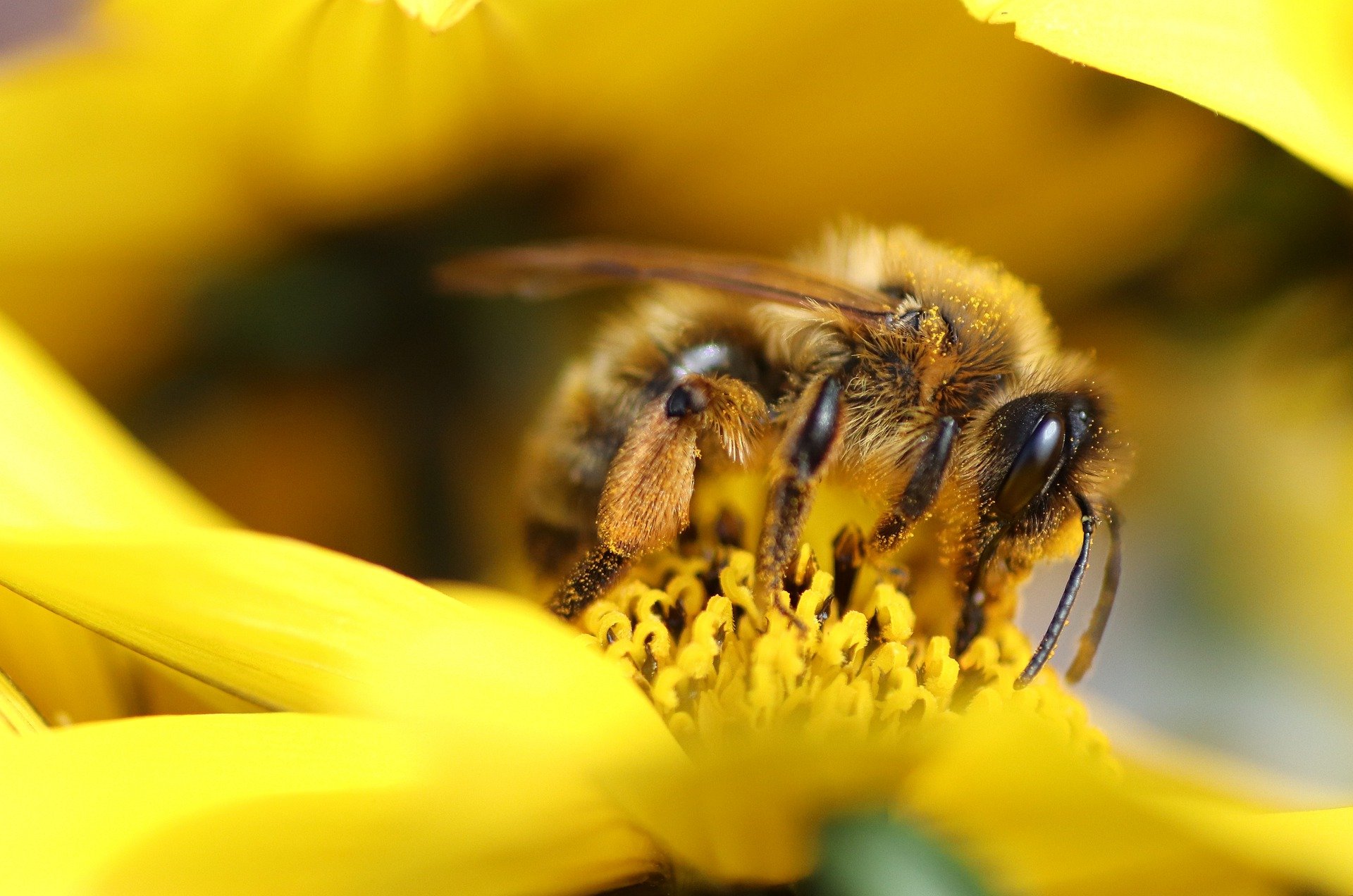News release
From:
Biotechnology: Pollen-inspired microparticles may protect bees from pesticides
Pollen-inspired microparticles that could be used to detoxify bees exposed to organophosphate pesticides are reported in Nature Food. This bee detoxification strategy may have implications for reducing the risk of organophosphate insecticide exposure to managed bee populations.
Pollinators are vital to preserving ecosystem function for global food production. However, insecticide exposure is one of the key global drivers of declines in pollinators. Organophosphates are a widely used group of pesticides and exhibit high toxicity towards honey bees and bumblebees. Previous research has suggested that phosphotriesterase (OPT), a type of enzyme, could be a potential treatment for exposure to organophosphate insecticides. However, current methods for the use of OPT for bees have low efficacy.
Minglin Ma and colleagues developed uniform and consumable pollen-inspired, calcium carbonate-based microparticles that encapsulate OPT and protect it from degradation during digestion. The authors administered pollen patties contaminated with malathion (a type of organophosphate insecticide) to microcolonies of bumblebees. When the bees were fed OPT encapsulated pollen-inspired microparticles there was a 100% survival rate following exposure to malathion for the duration of observation (ten days). However, there was 0% survival in bees that consumed OPT alone or plain sucrose five and four days after malathion exposure, respectively.
This low-cost, scalable biomaterial approach still needs colony-scale testing, but may act as a precautionary or remedial measure for managed pollinators in areas of organophosphate application, the authors suggest.



 International
International


